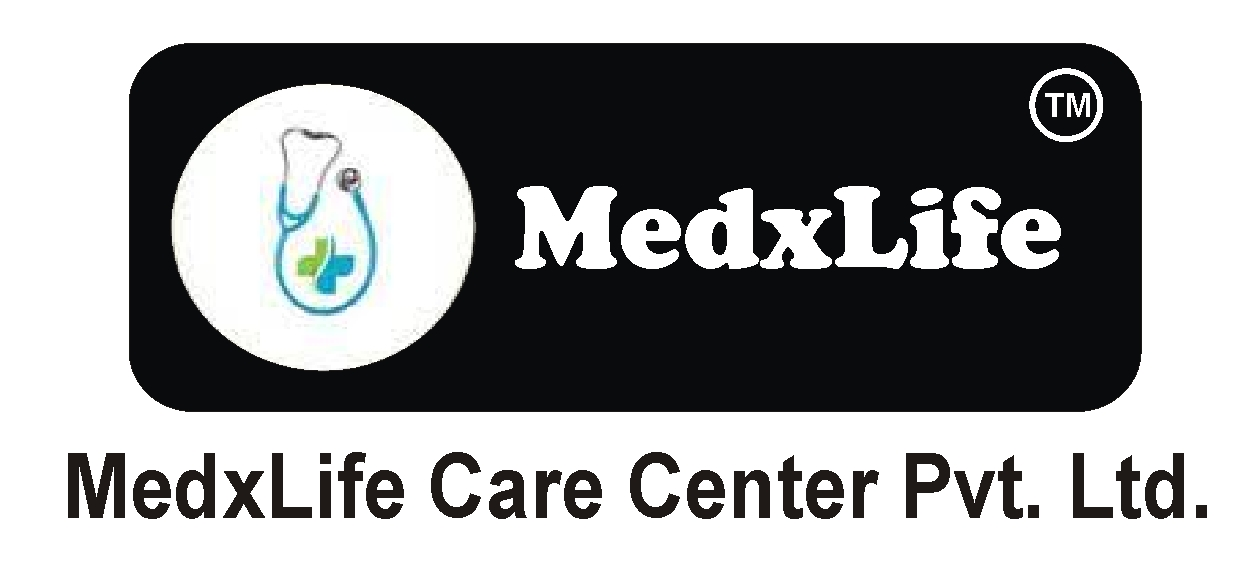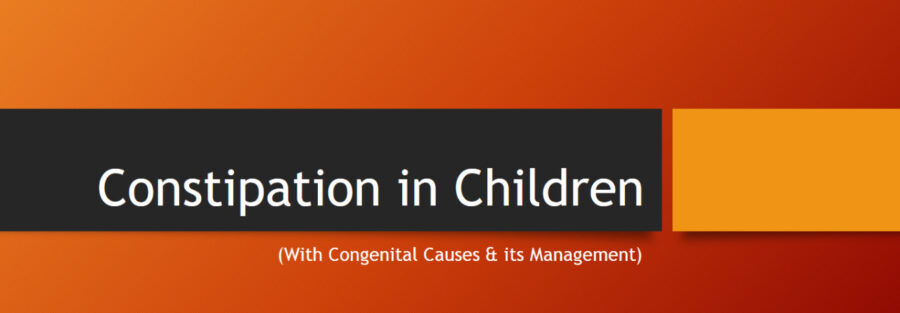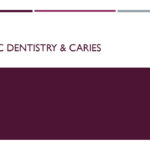Introduction
Passing of hard stools less than 3 times in a week , or more infrequently is known as constipation.
Some children normally do not pass stool at regular intervals and feels no problem while passing stools ,and there is no irritable problems and thrives well, this will not be called constipation,this is child’s normal bowel habit
Passing of hard stools with extra force with symptoms such as irritability, feed refusal ,bloating , abdominal pain , feeling of nausea or vomiting with a must complaint of infrequency is known as constipation
In neonates meconium is the first stool of baby ,meconium generally passes in between 24 hrs to 48 hrs and continues to pass for few days but if the meconium does not passes baby suffers bloating and refuses the feed and cries this may indicate some congenital disorders.
Congenital Causes
1) Anorectal malformation
Some times anorectal junction is closed due to congenital anal canal stenosis
In such cases meconium does not passes and child continues to feed till he suffers bloating and thus related discomforts such as irritability and lack of sleep
On examination of abdomen,it will be seen bloated with dull percussion
On auscultation bowel sound will be heard
We can feel the stenosis by putting gloved little finger applied with vaseline into the anus of baby
Some times due to this or this condition may be combined with rectovesical fistula in which meconium passes through urethra, which is a case of emergency and is referred to paediatric surgeon
Some times in female child meconium may pass from vagina which indicates a fistula between vagina and anus or some times there is presence of a congenital cloaca(a common opening for urethra, anus ,vagina)
Management includes passing of nasogastric tube to evacuate stomach contents and child get nil per oral
IV fluid are given only
Abdominal x ray and MRI are useful in finding out the severity and the child should be Operated by a paediatric surgeon
2) Intestinal atresia
During intrauterine life there may be narrowing of a segment of small intestine or there may be a presence of membrane in between small intestine
On examination : bloating is seen , anal canal seems normal ,bowel sound are of increased frequency,
This may be a case of emergency and immediate administration of nasogastric tube and evacuation of gastric contents becomes necessary, along with IV fluids given to him
As there may be regurgitation of gastric contents into lungs so this condition must be anticipated,this may cause pneumonia and lung damage
investigation is done by contrast barium x ray, level of obstruction can be clearly seen
Management includes rejoining of the two parts of intestine after removing the faulty part this is known as end to end anastomosis, performed by a skilled paediatric surgeon
3)Pseudo intestinal obstruction
In this case enteric nervous nervous system is weak and more than 48 hours no meconium has passed. symptoms may include bloating, vomiting ,feed refusal ,crying , failure to thrive
On examination anal canal and rectum is normal
On x-ray air fluid level is seen .
On contrast x ray slow movement of contrast indicates this disease
Manometry can also be performed ,in this intestinal pressure is measured with the help of a device , areas of increased pressure indicates the portion is weekly supplied by ENS
Treatment includes
Cisapride – a drug used to stimulate ENS and easily digestible food should be given
There are also some cases seen in which this pseudo intestinal obstruction is acquired due to bacterial or viral infection
4)Hirschsprung disease
This is the most common organic disease which causes constipation in children.
This presents with absence of neural tissue from anus to a variable length of colon .
This may be due to a gene mutation during embryonic development
This condition may be combined with other congenital problems also .
This condition is more commonly seen in a male child ,the reason is not known .
In this disorder food moves too slowly in the affected part which lead to the accumulation of food in the healthy part , which sometimes can be very painful to the child
Other manifestations include passing of very hard stools which is due to slow passing of stool in intestine causes more water to absorb from stool ,so whenever stool passes it is more likely to be pellet like or ribbon like , sometime loose stools can also be passed which may indicate some sort of infection
Symptoms: poor feeding , failure to thrive ,. Anaemic , bloating
On examination of the abdomen soft palpable loops of the intestine are felt .
Internal anal sphincter is closed during examination but if forcefully opened by examiner by his finger there is abrupt passing of foul smelling stool
Complications: accumulation of food in the healthy segment can cause overfilling of that healthy segment ,this exerts excess pressure over intestinal walls due to this ischemia develops which causes thinning of the intestinal walls .In chronic cases walls may become so weak that they may perforate .
The perforation of the healthy segment can cause severe peritonitis
Diagnosis : 1) barium enema x ray is the most common method used
2) intestinal manometry
3) biopsy of the affected segment of intestinal tissue
Management: child is made to survive nil per oral with IV fluids such as isolyte .
As soon as the child is diagnosed with this disease Operation in need because there is a risk of intestinal perforation
Antibiotics such as ceftriaxone and metronidazole are given to prevent infection
5) Spina bifida :
Brain ,spinal cord ,vertebral columns and meninges are formed by neural tube during intrauterine life during embryogenesis
Sometimes there may occur some defect in embryogenesis which can lead malformation of neural tube components which may lead to formation of faulty components of CNS such as vertebral column and meninges mainly
In spina bifida there is mainly defect in the formation of vertebral column and sometimes there is a defect in spinal cord
This can cause ; incontinence, constipation and paraparesis
Causes of Spina bifida :a) Idiopathic
b) Folic acid deficiency
c) History of epilepsy in mothers having antiepileptic drugs.
d) Chronic diabetes mellitus
Management: children suffering from Spina bifida should undergo immediate surgery
MRI scans are done to rule out possibility of hydrocephalus (surgery is avoided incase of hydrocephalus) only a an incision is made to ooze out extra csf
Unfortunately most of the children are not able to survive this condition
Prevention can be done by regular intake of folic acid during pregnancy
Contributor- Medico Shashank Gupta





3 Comments
Shekhar Yagyaseni
Superb information keep us updated
Kishan kumar
Only congenital causes described, plz write on other causes too
Himanshu
Nice ✍️